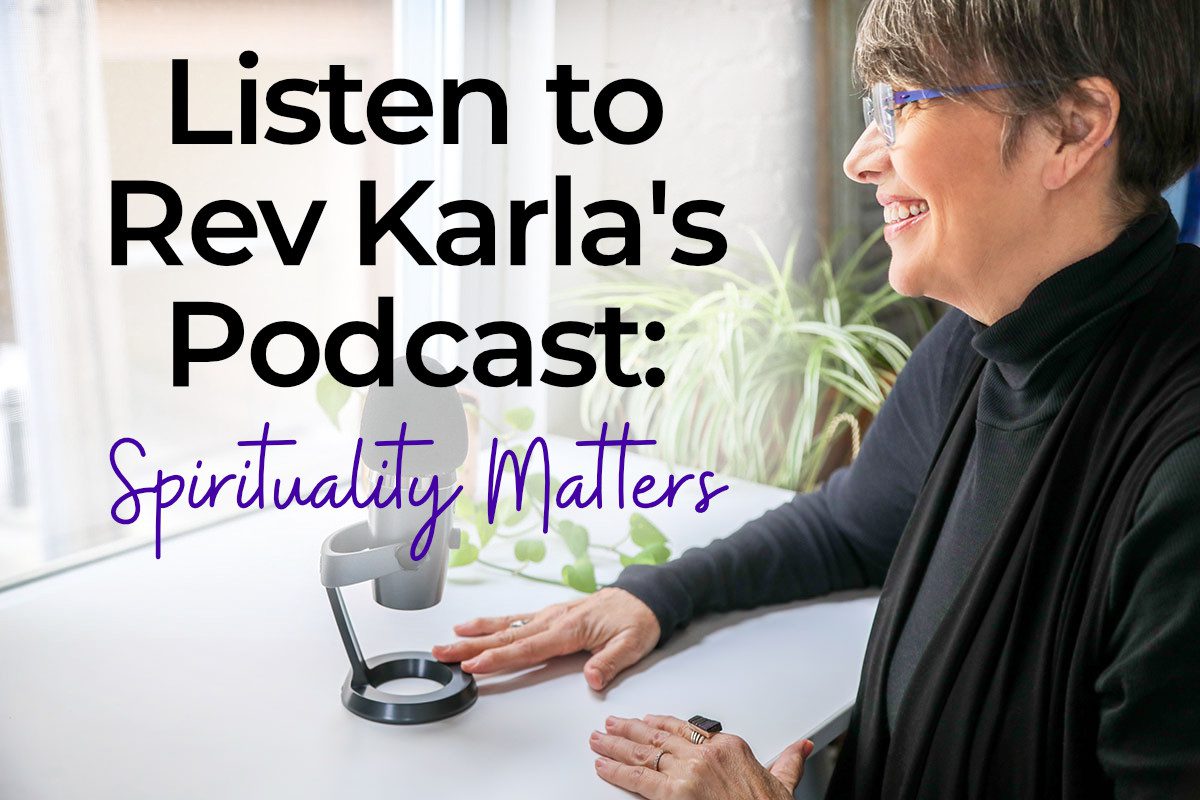Forgiveness
Some experts and spiritual healers disagree on what “true” forgiveness is.
On one end of the spectrum are those who are indoctrinated into teachings within Christianity that place the onus entirely on the betrayed. They are expected to forgive and welcome the offender back into their lives as if nothing ever happened. This is a misguided interpretation of “turning the other cheek.”
The Lord’s Prayer -- foundational to the Christian faith, may also lend itself to further blurring our understanding of forgiveness. Found in scripture and spoken by Jesus as a model for how we should pray, many recite it each Sunday as an acknowledgment to where we need Divine intervention in our lives.
A verse in the Lord’s Prayer says, “Forgive us our debts, as we forgive our debtors”, or perhaps you were taught, “Forgive us our trespasses, as we forgive those who trespass against us”. Either way, this small sentence is packed with electric charge as we — on this side of heaven — struggle to live a life where we truly forgive. However, there are numerous translations and several that offer a different perspective of what Jesus meant when He said “Forgive us our trespasses…”
One resonates with me deeply. “Untie the knots of failure binding us, as we release the strands we hold of others' faults”. This suggests that forgiveness is rooted in our ability to see others as deserving of the same grace we so desperately seek. It is a significant and a sacred segue into how we navigate forgiveness within our lives.
The other side of the forgiveness spectrum holds teachings that look entirely different from the Christian view, with high walls and deep moats to ensure the heart can never be hurt again. This may be warranted, especially if the betrayal was so toxic or the harm so egregious that your trust in mankind has been shattered.
Some say that life provides the exact lessons we need and that even the painful ones deserve our gratitude because they hold sacred wisdom relevant to our personal journey. This belief encourages us to forge ahead until we reach a place where we can appreciate the experience and the growth it provided.
The reality is that true forgiveness lives somewhere in the middle known as the gray area. There are many factors that should be considered when determining how, or if ever, relationships should be restored. Yet, we lose our way when we focus on the betrayer instead of the betrayed.
Forgiveness is a deeply personal and spiritual journey, an opportunity to go within. Reflection and insight help us establish boundaries and provide tools to protect vulnerable spaces. None of that is meant to suggest suspicion and mistrust should become the basis of our relationships -- it means we should be mindful of who we let into our lives. This ensures that we are seen and cared for by those we trust with our hearts.
This is the conundrum we all face -- how do we open up when we know the possibility of betrayal still exists?
The reality is, when your heart is bound with anger or resentment, the thought of letting it go may seem unsettling. Why? Because it’s become the filter for all of your perceptions and provides a sense of safety and control. When you understand this, you may discover that you’re viewed as someone who is perpetually suspicious or guarded.
Your hurt may be real, your trauma horrific and your rejection painful. This path to healing can only begin when you’re ready to lighten your load and put down the baggage you’ve been shouldering.
It’s just too heavy.
Is letting go of the pain possible? Yes. Will you ever get to the point where you can say, “Thank you for this for this experience because it’s made me a better version of myself?” The truth is no one knows the answer to that. It takes time and intense work with a commitment to healing.
Restoration of the relationship may come, but it isn’t what defines true forgiveness. Living from a space of authenticity and finding joy and trust in those around you is the gift you give yourself and the world.
One day you may turn to those who have hurt you with an invitation to a new relationship that acknowledges what was, but honors your newfound wisdom because of it.
Then you can truly say, “Thank you.”


